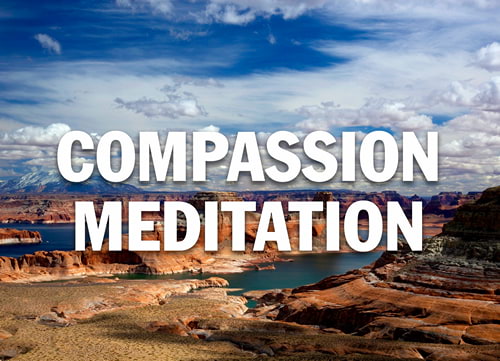Understanding
Connection
The very essence of what makes us human—from the flow of our hormones to our keen sense of touch—proves that we were born to be social creatures. Studies have shown that the benefits of connection can be seen in more than our DNA. Adults with a stronger network of friends live longer, and seniors who are more socially active experience less cognitive decline and disability.
These types of social connections come in many different forms, from casual acquaintances to lifelong friends, and make us want to be healthier and increase our motivation to succeed in life. They also contribute to happiness levels and willingness to help out in our communities. Engaging, or connecting, with our communities also expands the way we view how we can, and do, make an impact on our environment. Connecting to the people and places in our life make the world not only more tangible, but also a better place for all. The connections we make with both people and places expand our minds and fuel our desires to see more.
The science behind connection
We have partnered with UC Berkeley’s Greater Good Science Center to provide you with these scientific facts. Click on an item below to expand and reveal more.


